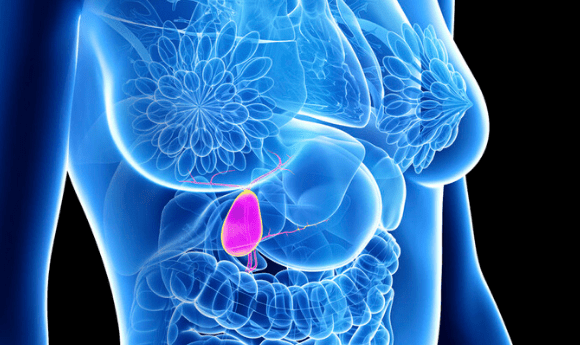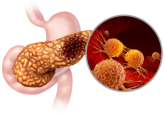Could microRNA be the key to treating bile duct cancer?

Researchers have discovered that microRNA is responsible for driving resistance to chemotherapy in bile duct cancer patients.
A new study, conducted by scientists at The Institute of Cancer Research (ICR; London, UK), has revealed the role of microRNA in driving chemotherapy resistance in bile duct cancer. This discovery could lead to the development of new, effective therapies for bile duct cancer, which is notoriously difficult to treat.
In the study, fittingly published in Hepatology on Bile Duct Cancer Awareness Day (12 February 2020), the authors describe the role of the microRNA gene MIR1249 in ‘rewiring’ signaling networks within the cancer cells and allowing them to become more resistant.
“Our study shows the crucial role played by a piece of microRNA in rewiring the network of signals within cancer cells and helping them to resist the effects of chemotherapy,” commented lead author Chiara Braconi, now of the University of Glasgow (UK). “It identifies MIR1249 as a potential drug target in bile duct cancers and possibly other tumor types and opens up what could be an exciting new avenue of treatment.”
The researchers revealed that MIR1249 ‘rewires’ the WNT signaling network, which is involved in the upkeep of stem cells. The WNT network then causes the bile duct cancer cells to take on some features of stem cells, allowing them to become more resistant to treatment and able to survive chemotherapy.
Blocking MIR1249 activity in mice and human tissue samples had a demonstrated effect on improving bile duct cancer cell’s sensitivity to chemotherapy. It was also discovered that 41% of bile duct cancers had increased MIR1249 levels, and MIR1249 was statistically associated with poorer survival outcomes.
“Bile duct cancer is becoming increasingly common around the world and survival rates are very poor, so there is an urgent need to develop better therapies for people with advanced disease whose treatment stops working,” explained co-author Paul Workman. “This new study shows the potential of targeting molecules called microRNAs as a new form of treatment for drug-resistant cancers.”
These results suggest that developing drugs that target MIR1249 action could effectively prevent drug resistance in bile duct cancer. However, the researchers believe that the mechanism of drug resistance discovered in this study could also be shared with other cancer types, and so development of drugs to counteract this mechanism could have much wider benefits.
“At the ICR, we believe overcoming cancer evolution and drug resistance is the biggest challenge we face today in the field of cancer research. Through our new Centre for Cancer Drug Discovery, we are aiming to find new ‘anti-evolution’ treatments that can offer long-term control or cure even for advanced cancers,” Workman concluded.





